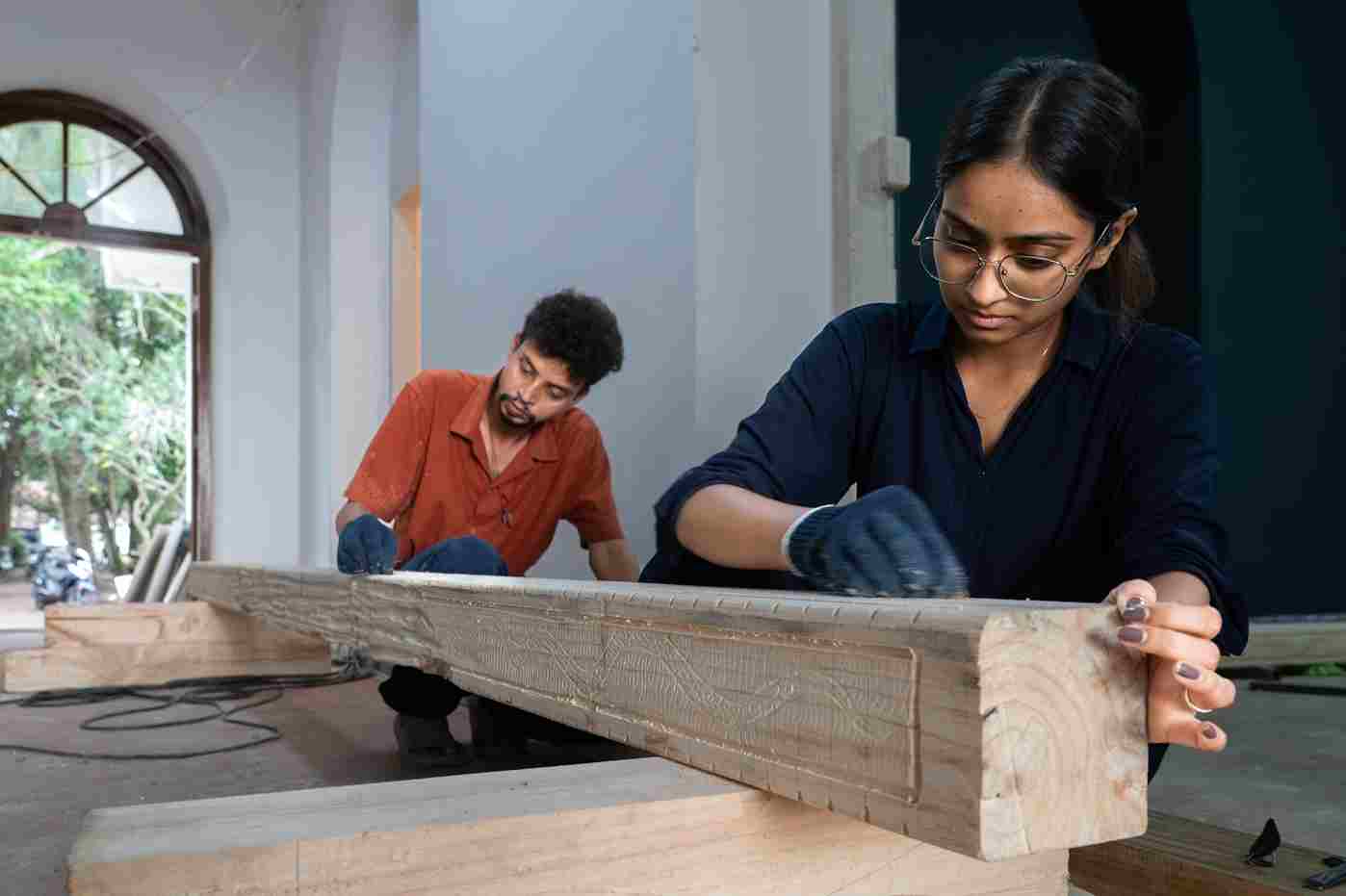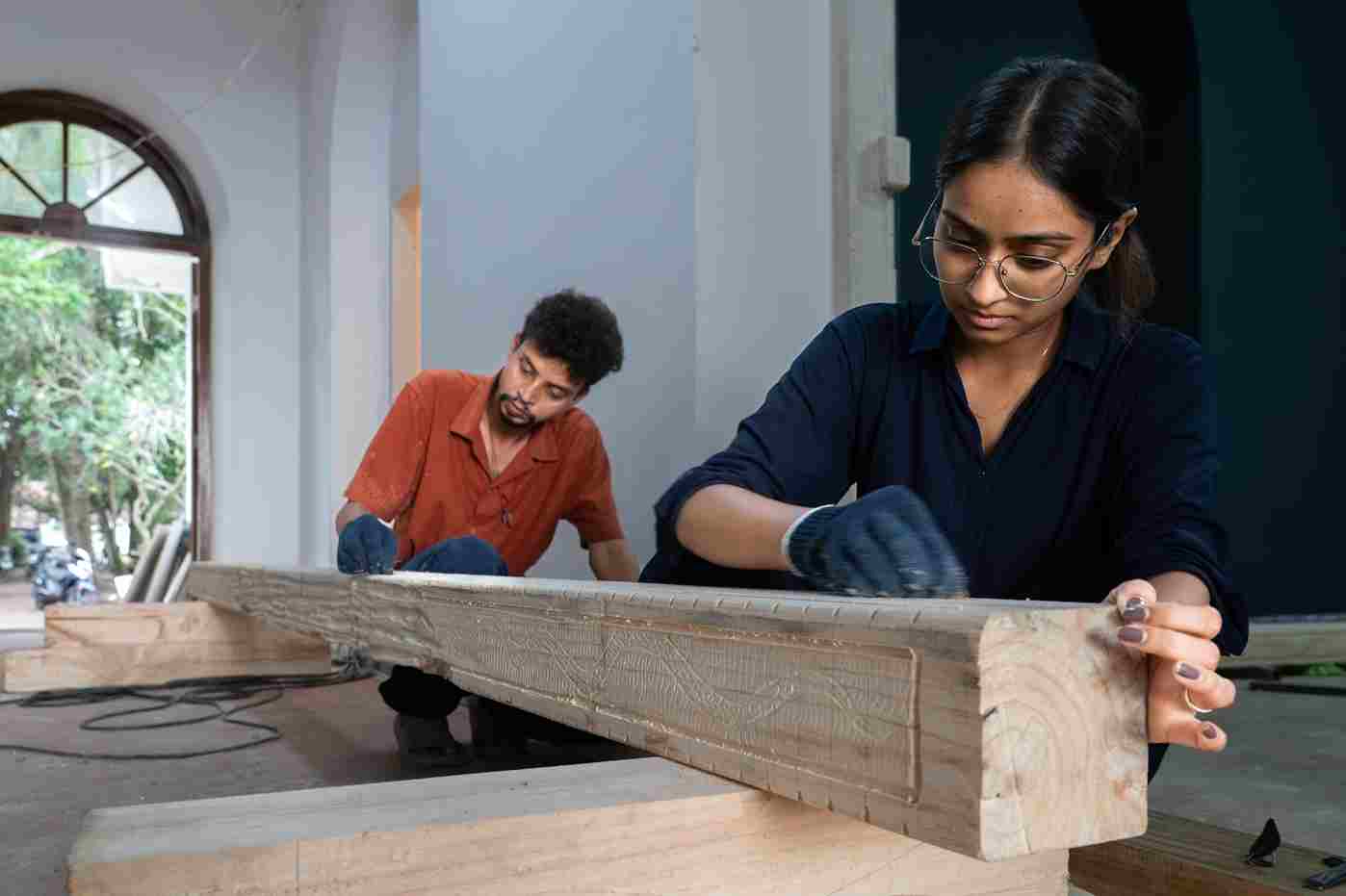Legislation to check quality of cattle feed in final stage: Minister Smt Chinchurani
Thrissur / February 14, 2023
Thrissur, Feb 14: The legislation to ensure quality of cattle feed sold in the state is in the final stage of consideration by the Select Committee of the State Assembly to which it had been referred after the house completing the proceedings on the bill, Minister for Animal Husbandry and Dairy Development Smt J Chinchurani said here today.
The Minister revealed this while inaugurating the ‘Samvada Sadassu’ (interactive session) held as part of the ongoing state diary sector summit ‘Ksheera Sangamam 2023’, Padavu.
The increase in prices of cattle feed is the prime factor behind the hike in input cost incurred by the dairy farmers. Still, the State Government, with the cooperation of Milma and allied departments and agencies, is making all efforts to take Kerala’s dairy sector to greater heights, Smt Chinchurani said.
“The Government is taking all measures to bring down the input cost, and keep the dairy sector economically sustainable while ensuring the welfare of the farmers. The recent increase in price of milk was intended to ensure that the farmers received remunerative price that offsets the huge hike in the production cost”, the Minister said.
“The domestic milk production in the state now is sufficient to meet 90 per cent of the internal demand. The state stands second in milk productivity in the country. But we have to make further progress, for which the government will make all efforts”, she said.
Besides ensuring quality of cattle feed through legislation, steps have also been taken to ensure the quality of milk coming from other states by enhancing the testing facilities at check-posts at key entry points, she said.
On the occasion, Smt Chinchurani launched three projects for the benefit of dairy farmers in three regions of the state. These include 40 artificial insemination centres in Trivandrum region, an accident insurance scheme for dairy farmers in Ernakulam region and housing assistance scheme for the Malabar region.
Revenue Minister Shri K Rajan was also present.
The session, ‘proper upkeep, the best profit’, which drew dairy farmers from across the state, was held in collaboration with the Kerala Co-operative Milk Marketing Federation (KCMMF), Milma, on the penultimate day of the five-day event, organized by the State Diary Development Department.
Milma Chairman Shri K S Mani, who presided over the session, said this was the most elaborately organized edition of ‘Ksheerasangaman’, with active participation of co-operative sector represented by Milma and its three Regional Unions.
Milma plays the prime role in sustaining the segment despite grim challenges it faces like steep increase in cattle feed production cost due to shortage and high price of raw material. The recent increase in milk price was essentially caused by this factor but it had been assured that the bulk of the hiked price went to farmers, he said.
Milma is committed to take all possible steps to bring down the input cost incurred by farmers like facilitating locally available fodder as this was inevitable to reduce the production cost, Shri Mani added.
M T Jayan, Chairman Ernakulam Regional Co-operative Milk Producers Union (ERCMPU), welcomed the gathering and Shri N Bhasurangan, Convenor, Administrative Committee, Trivandrum Regional Co-operative Milk Producers’ Union (TRCMPU) proposed a vote of thanks.
Dr A Kowsigan, Director, Animal Husbandry and Dairy Development, said information dissemination programmes like this is important for the scientific development of dairy sector. He recalled the observation of India’s first prime minister Jawaharlal Nehru that “training is costly, and not training is costlier.’
In a presentation on the ‘proper upkeep of cattle health’, Dr A V Harikumar, Deputy General Manager, and Group Head, Animal Health, National Dairy Development Board (NDDB), said prompt administering of vaccines could prevent many of the chronic diseases affecting the cattle health.
Also, constant monitoring of cattle to spot possible deviations in normal habits like rumination, seeking timely veterinary care and maintaining the hygiene of cow sheds are also vital, he said.
Smt Romy Jacob, Senior Manager NDDB, said it is important to identify and popularize alternate fodders to keep the dairy sector economically viable and cattle in good health. Holding the class on ‘balanced and affordable feeds’, she said “protein rich and locally available alternate fodders should be identified and made available to farmers in sufficient quantities.”
The National Dairy Development Board (NDDB) was the technical partner for the session, whose experts held classes for the benefit of farmers.
Photo Gallery



